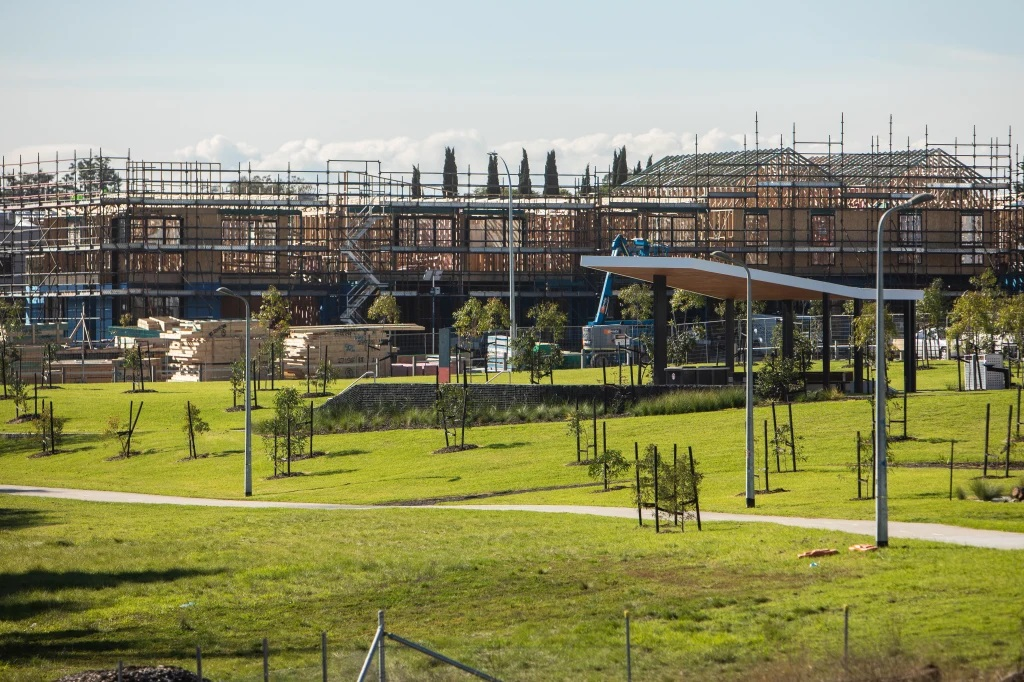Major Planning Reforms (4/2023)

Premier Daniel Andrews has confirmed his government is preparing a major planning overhaul as part of a push to get younger people into established suburbs.
But local government bodies have hit back over reports councils will be stripped of planning powers as part of a push to fast-track development, with one questioning whether the state could be trusted with planning after the corruption watchdog released a scathing report of its conduct.
Andrews’ confirmation follows revelations in The Age that the government has been quietly working on reforms aimed at squeezing an extra one million homes into Melbourne’s middle suburbs, particularly along the Suburban Rail Loop.
On Thursday, Andrews said Deputy Premier Jacinta Allan and Planning Minister Sonya Kilkenny have been working on “a whole suite of measures” to present to cabinet ahead of an announcement later this year.
Asked about balancing the protection of amenity of existing suburbs and boosting the supply of affordable homes, Andrews said it was becoming increasingly difficult for younger people to rent or buy homes.
“Every day, we’re a day closer to being Australia’s biggest city, every day it’s getting harder, particularly for young people, to either find a place to rent, let alone to save up and to be able to afford to buy a property and then, and then perhaps buy that property in a suburb of their choice.”
It was revealed this week the Australian Bureau of Statistics had changed its calculations to include Melton in Melbourne’s Significant Urban Area, lifting Melbourne’s population higher than Sydney’s.
But the possibility of government centralising planning has rankled local government groups.
On Thursday, the Municipal Association of Victoria questioned the state government’s ability to be trusted with local planning decisions after IBAC’s investigation, known as Operation Daintree, found the government improperly awarded a $1.2 million contract to a Labor-affiliated union.
“The findings from this week’s Operation Daintree report by IBAC have many asking: can communities trust a state government that has an increasing level of “improper conduct” or “grey corruption” to make planning decisions that are in the best interests of the community?” MAV president David Clark said.
Clark said Victorians expected to be consulted on development decisions affecting their neighbourhoods.
“Unlike other levels of government, councils conduct their business with high levels of transparency, which allows significant input from the communities they represent,” he said.
Victorian Local Governance Association chief executive Kathryn Arndt said she was surprised to hear about potential plans to reduce the role of local government in planning decisions.
“Victoria’s planning system was designed to ensure people have a strong and democratic voice in their local communities,” Arndt said.
“Local councils understand their communities and whether individual planning applications are in their best interests. Bypassing local democracy is not the answer to our housing crisis.”
She said the state planning minister already had extensive powers, including overriding local government in exceptional circumstances.
“Expanding ministerial powers further at the expense of local communities would be a mistake,” she said.
It follows a failed push by the government last year to introduce an $800 million annual social housing levy charged on the final value of property developments, in exchange for a package of reforms to streamline approvals.
Source: The Age 20 April 2023 Josh Gordon and Royce Millar